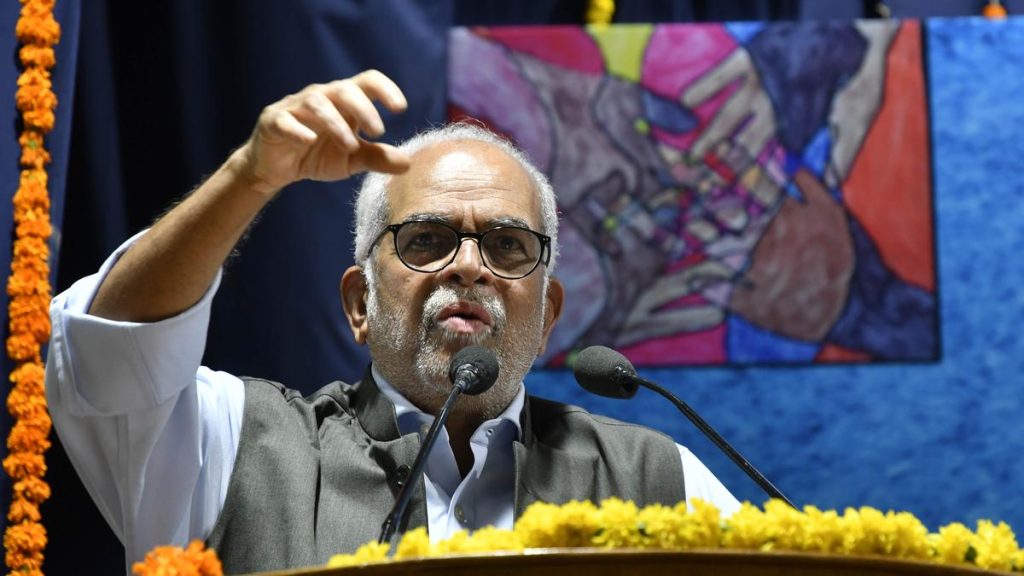Now Reading: Wild Orbits May Hold Key to Planetary Life
-
01
Wild Orbits May Hold Key to Planetary Life
Wild Orbits May Hold Key to Planetary Life

Quick Summary
- Earth is currently in the Quaternary Ice Age, which began 2.6 million years ago, though we are in an interglacial period with melting ice sheets.
- Earth’s climatic variations are explained by Milankovitch cycles: orbital eccentricity (shape of orbit),obliquity (tilt of axis),and precession (wobble).
- These cycles influence ice ages and interglacial warming over tens of thousands to hundreds of thousands of years.
- A growing area of exoplanet research suggests planets experiencing extreme changes in orbits and axial tilts may support more hospitable conditions for life (“superhabitable”).
- Studies using advanced simulations suggest variable climates boost biological productivity, especially due to oceanic mixing caused by these oscillations.
- New findings challenge traditional thinking that only stable planetary orbits provide good conditions for life; highly variable planets may expand the likelihood for life elsewhere.
- Recent discoveries like exoplanet HD 20794 d demonstrate that “wild orbits” passing through habitable zones might still support climates conducive to life.
Indian Opinion Analysis
While this study focuses on the broader search for extraterrestrial habitability, it offers valuable insights into Earth’s own climate dynamics and their potential evolution. the precise understanding of Milankovitch cycles reinforces the interconnectedness between astronomical phenomena and terrestrial conditions. For India, a nation vulnerable to climate change-induced disruptions like heatwaves, monsoonal irregularities, and sea-level rise, this research underscores how long-term planetary patterns intertwine with anthropogenic influences.India’s investments in space exploration (e.g., ISRO’s upcoming projects) enable monitoring Earth-like exoplanets while also refining our understanding of tectonic shifts in India’s climatic future. As India hosts significant biodiversity within its varied ecosystems-frequently enough likened to micro-habitats-examining how oscillating climate variables could affect niches on Earth offers relevant applications domestically. enhanced collaboration between India’s space agency and global institutions studying habitability factors could bolster sustainable advancement goals amidst rising ecological vulnerability.
























